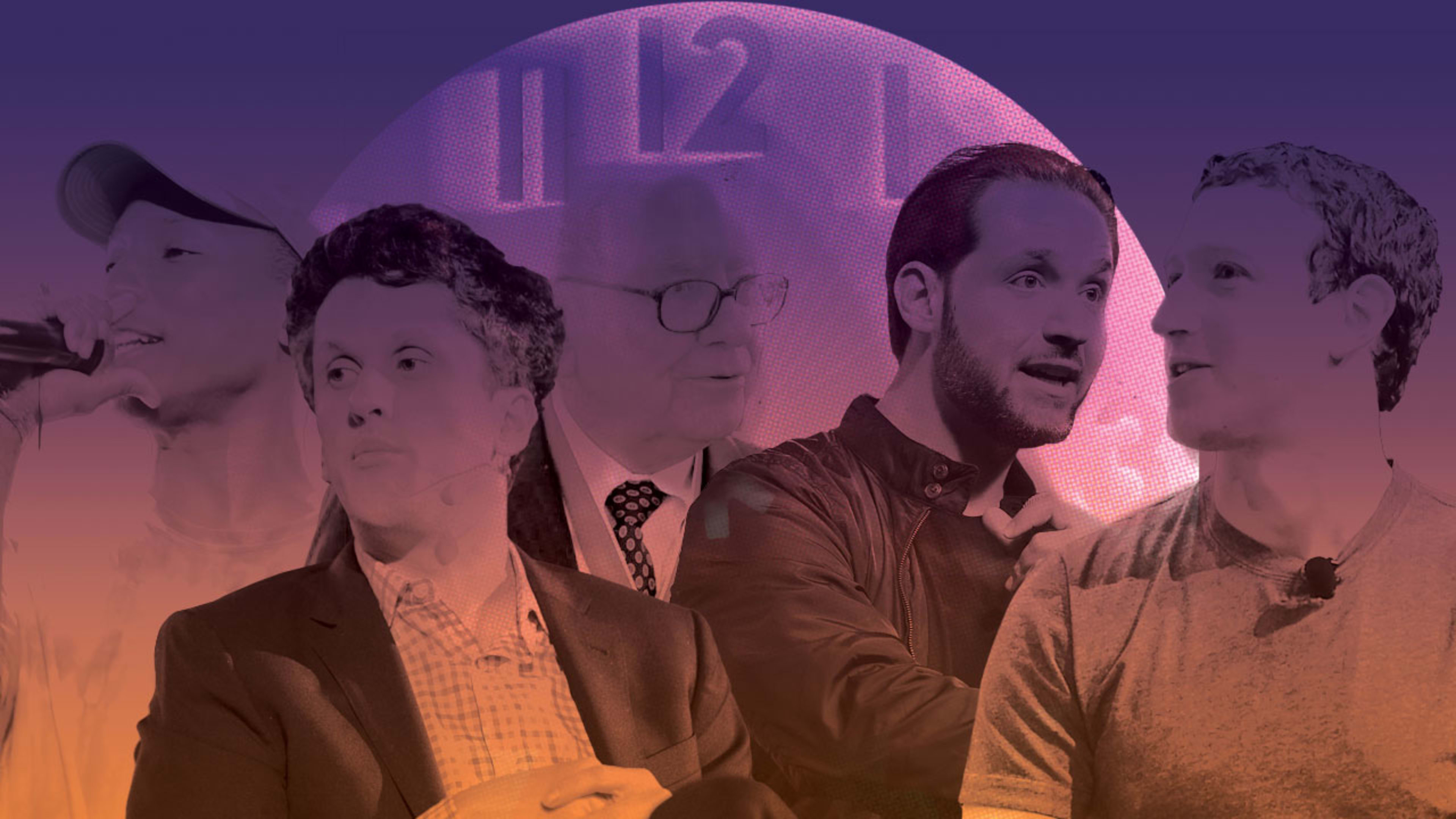Early risers have long been hailed as smarter, more successful, and wildly ambitious. “Early to bed and early to rise, makes a man healthy, wealthy, and wise,” Benjamin Franklin once said. The most lauded of CEOs–PepsiCo’s now former chief executive Indra Nooyi and Apple’s Tim Cook, for example–spring out of bed no later than 4:30 a.m. Lay people, too, sing the praises of the morning hours. “I have some unsolicited work (life?) advice, which is that if you don’t know how to deal with a problem, or a whole host of problems, try getting up obscenely early,” writer Edith Zimmerman penned in The Cut recently.
With so much evidence to the contrary, you might forget that not everyone is wired to be an early riser. Waking up early simply may not work with your circadian rhythm, try as you might with earnest resolutions and blaring iPhone alarms. “Whether you’re an early bird or a night owl, that’s a genetic predisposition,” sleep specialist Michael Breus told Fast Company. “There’s only so much you’re going to be able to do to try to change that.” The typical workday may favor early birds, but in truth, your chronotype–a classification based on your natural sleep habits–determines how productive you are in the mornings.
That’s why Breus recommends leaning into your chronotype rather than blindly trying to emulate the habits of early birds, who only account for about 15% of the population. About 1 in 2 people have relatively “normal” sleeping habits; they function most optimally when they don’t stay up too late or wake up too early and stick to a consistent sleep schedule. Breus classifies naturally late risers–about 20% of the population–as wolves, people who struggle to wake up early and tend to be more productive and creative during the night.
In other words, being ruthlessly productive doesn’t have to mean committing to an ascetic routine. Here are some people who successfully manage and create while burning the midnight oil:
- Aaron Levie, the CEO of enterprise cloud company Box, goes to sleep at 3 a.m. and wakes up no earlier than 10 a.m. His morning routine may sound familiar regardless of chronotype. “I know this is not a best practice, but I read email,” he told Fast Company. “I’m in bed for 30 minutes swiping, replying, and deleting.” His productivity hack? Naps and lots of coffee.
- Reddit cofounder and husband of Serena Williams, Alexis Ohanian, has similar sleeping habits and rises at 10 a.m. as well. He does, however, limit screen time as he goes to bed. “I try not to have the computer in the bedroom,” he told Fast Company. “I used to sleep with it, though. I used to wake up spooning my laptop.”
- Here’s something you might try if you don’t keep traditional work hours. Pharrell Williams doesn’t use an alarm to wake himself up, instead relying on his body’s natural sleep habits. He broke down his schedule for Fast Company: “I do phone calls from somewhere between 10:30 a.m. and noon. I’m usually entering the studio between 12 and 1. I work from 1 or 2-ish to maybe 9 or 11 p.m. every day.”
- This one might surprise you. Unlike his tech brethren, Mark Zuckerberg is more wolf than early bird. (Though perhaps his sleeping habits have changed more recently.) In the earlier days of Facebook, he woke up even later, but since having a daughter, Zuck has reportedly started waking up at around 8 a.m. “I was never a morning person,” he once said in a Q&A.
- Even Berkshire Hathaway CEO Warren Buffet, whose net worth is more than $84 billion, likes to get his beauty sleep. “I will usually sleep eight hours a night,” he told PBS. “I have no desire to get to work at 4 in the morning.”
If, like the leaders above, you identify as a naturally late riser but work traditional hours, Breus recommends holding off on caffeine until about 11 a.m. and taking advantage of natural sunlight, with a morning walk, for example, to help wake you up. You’ll find yourself most productive in the afternoon and well past 5 p.m., but Breus suggests going to bed no later than midnight.
As research sheds more light on chronotypes and the benefits of employing people across the circadian spectrum, companies have started to offer more flexible work arrangements. A late-riser advocacy group called B-Society is pushing for workplace changes and even a delayed start time at schools, to align with teenagers’ sleep habits, since hormonal changes partly account for why they have less energy in the mornings.
In other words, you may soon not have to feel bad for being late to that pesky morning meeting–or at the very least, you can blame your chronotype.
Recognize your brand’s excellence by applying to this year’s Brands That Matter Awards before the early-rate deadline, May 3.
